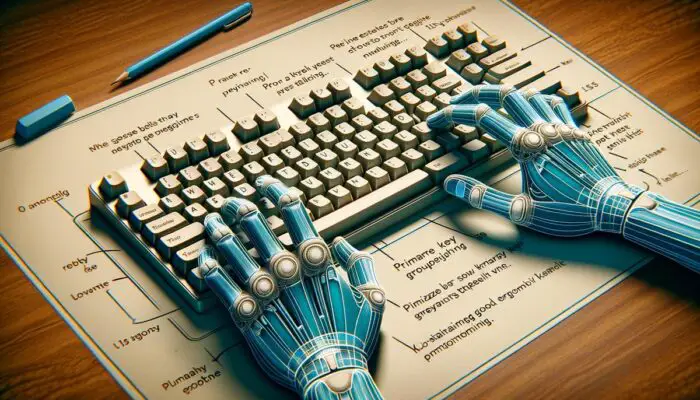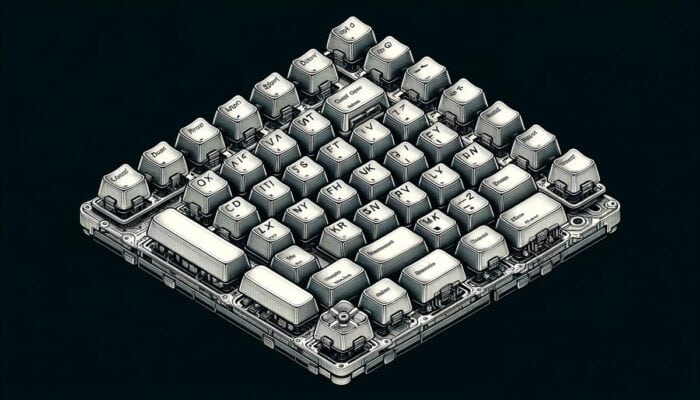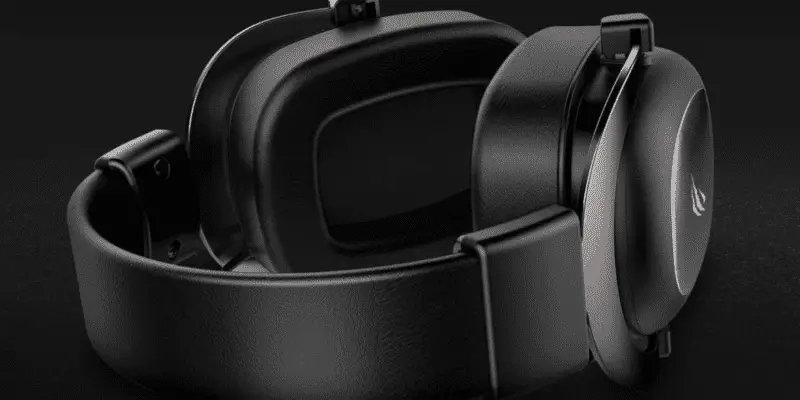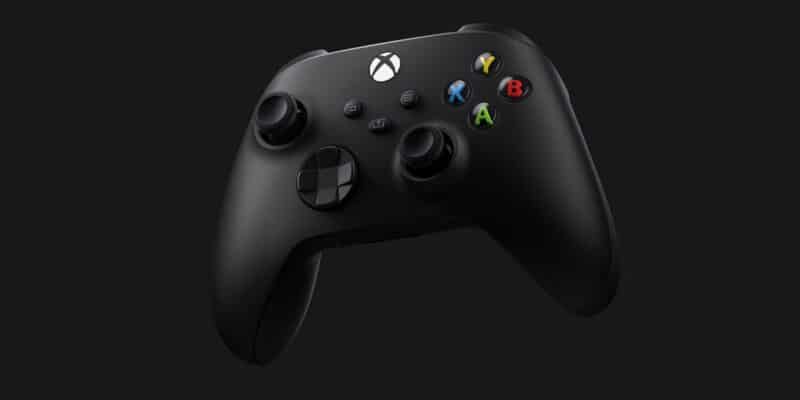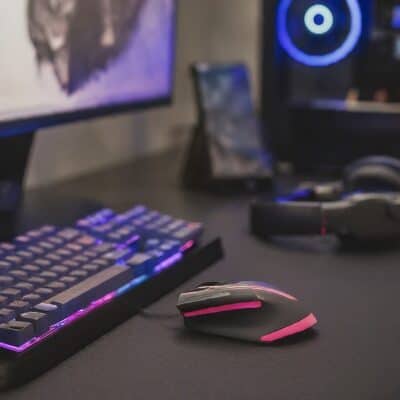Gaming Laptops, Blog
What Does A PC Processor Do? 4 Superb Facts That You Should Know About It
What does a pc processor do? If you are reading this, you are most likely at least a little bit interested in computers. But what does a processor do? A processor is the basic unit of a computer, the brain of the machine. It is what takes data and instructions from the programs that you are running and uses them to do the calculations. Read this article until end to know more about what does a pc processor do. In this blog, we also have an article about which cpu is great for gaming intel or amd ryzen that you might want to read about it.
What is a CPU?
A central processing unit or CPU is the core of a computer system. It controls everything else in the computer. It tells the rest of the hardware what to do. It also runs the software.
Computers use CPUs to do lots of things. A CPU is an important part of any device that runs software. Modern computers often share a single chip with a graphics processor.
A smartphone or tablet contains a chip called a system-on-a-chips (SoC) that includes a CPU and loads of important components that make the device work.
Where is the CPU?
A CPU is a component that runs programs and processes information. It is located inside a computer and is connected to other components via wires or cables.
A desktop computer uses a single processor. It is easy to replace the processor because it is easily removable. However, this does not mean that you can swap out processors without compatibility issues.
Most of the time, if your computer is more than 2 years old, you should upgrade to a CPU that’s about a year older than your current one. You may want to get a new motherboard too. Laptops are upgradable, but you can’t change the CPU or the cooler.
What Does A PC Processor Do
Computers use processors to process data. A processor is made of hardware that works together. Your computer uses a CPU to interpret the program’s instructions and create the output you see.
Processor cores and clock speeds determine the amount of information that can be processed at once. Faster processors process more information faster than slower ones.
What is clock speed?
A computer’s clock speed determines how fast it processes data. Higher numbers equate to faster clock speeds. More cores means that the processor can process more data at once. Faster clock speeds make tasks completed faster, making your experience seamless.
Processor cores versus clock speed
Processor cores and clock speeds are both important factors to consider when choosing a new computer. Both play an equal role in helping your computer perform well. You may be looking for a faster processor or higher-end graphics card if you plan on using your computer for complex tasks such as video editing.
Mobile vs Desktop CPUs
Mobile processors are designed to be used in smaller, lighter, and less expensive devices. Desktop processors are designed to be more efficient and consume less power. Manufacturers often name their mobile and desktop processors differently, but they both share similar features. Ultra low power mobile processors are usually labeled U, while high performance graphics chips are usually labeled HQ or HK. Desktop processors are usually labeled K or T.
What To Consider Before Buying PC Processor
Processors are an important part of a computer. They are the “brain” of the machine and run the programs you use every day. Before you buy a processor, you should consider the following:
- CPUs come from two different categories; desktop and mobile processors. Mobile processors are used in mobile phones and tablets, while desktops have larger form-factors.
- Desktop processors are generally better suited for gaming, while mobile processors are better for productivity. The best way to decide which category suits your needs is to determine what type of applications you use most frequently. If you need powerful processing capabilities, you’ll likely benefit from a desktop processor. Otherwise, you might opt for a mobile processor.
- You also need to take into consideration the cost of your processor. In general, newer processors are more expensive than older ones. If you’re buying a desktop processor, a good rule of thumb is to look for a processor that’s between
Related Articles For You!
- You may like: How To Check Your PC Processor? Superb 6 Steps To Do It
- You may enjoy this article about: How To Clean PC Processor? 5 Superb Steps To Clean It
Our Latest Posts:

